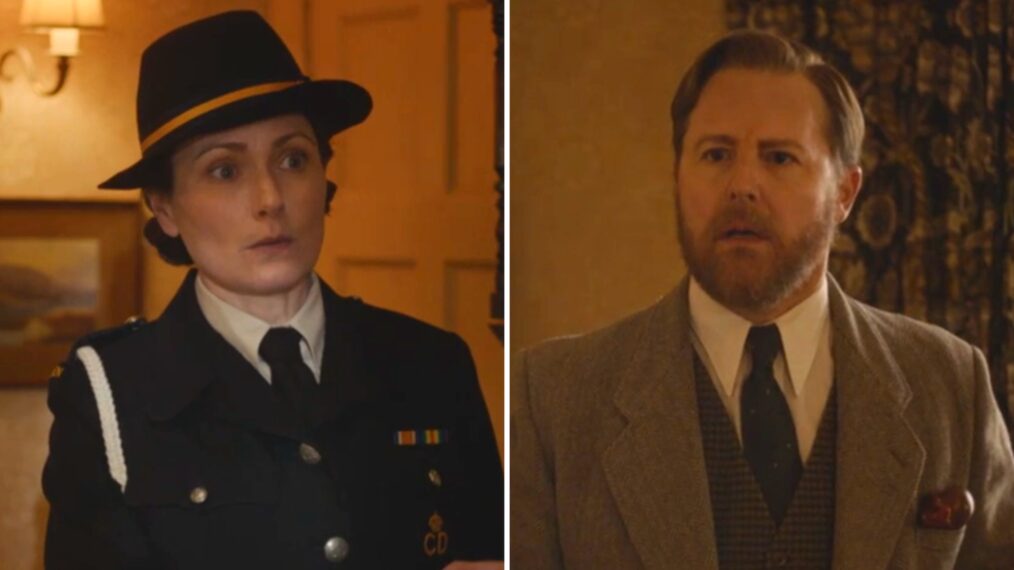David Lynch has died.
The passing of the brilliant director behind such classics as Blue Velvet, Eraserhead, and Twin Peaks was announced by his family on Lynch’s own Facebook page.
“It is with deep regret that we, his family, announce the passing of the man and the artist, David Lynch,” they wrote. “We would appreciate some privacy at this time. There’s a big hole in the world now that he’s no longer with us. But, as he would say, ‘Keep your eye on the donut and not on the hole.’”
They added “It’s a beautiful day with golden sunshine and blue skies all the way,” in tribute to Lynch’s popular weather reports, which he delivered on local L.A. radio and then online for many years. Lynch was 78 years old.
READ MORE: The Best Movies of the 21st Century
The iconoclastic artist, director, and musician was born in Montana in 1946. He studied art at the Corcoran School in Washington D.C., the School of the Museum of Fine Arts in Boston, and the Pennsylvania Academy of the Fine Arts, before moving to Los Angeles to study filmmaking at the American Film Institute. It was there that Lynch began work on his first feature, Eraserhead, a moody, black and white horror film about a man in a nightmarish industrial world caring for a bizarre-looking baby. (Until the end of his life, Lynch never revealed exactly how he made the film’s disturbing looking baby.)
Eraserhead became one of the first America films to become a cult hit playing in urban theaters as a midnight movie. (The picture of its title character, played by Jack Nance, adorns the cover of the most famous book on that subject, Midnight Movies by J. Hoberman and Jonathan Rosenbaum.) Lynch’s bold work on Eraserhead caught the attention of Mel Brooks, who brought Lynch on to direct The Elephant Man, which became his first Hollywood production.
The success of The Elephant Man, which earned Lynch his first Oscar nomination for Best Director, helped Lynch land the job directing the much-anticipated first adaptation of Frank Herbert’s Dune. (Along the way, Lynch also turned down the opportunity to direct Return of the Jedi.) Lynch’s Dune was not well-received at the time and it was a box-office disappointment, but it has become more and more of a cult favorite in recent years.
Lynch rebounded from Dune with one of his signature projects: Blue Velvet, a neo-noir set in a small town where a naive young man (Kyle Maclachlan, who previously worked with Lynch on Dune) uncovers a mystery and falls deeper and deeper into the local underworld, where he encounters the deranged Frank Booth, played by Dennis Hopper.
Equally controversial and influential, Blue Velvet is now considered one of the greatest movies of the 1980s. And Lynch followed it with maybe his biggest mainstream success ever: The TV series Twin Peaks, which channeled many of Blue Velvet’s same themes about the darkness lurking beneath the surface of small-town America into the form of a high school TV soap opera.
The first season of Twin Peaks became a smash, although mainstream audiences began to lose interest in the series during its second season, after ABC moved the show to Saturday nights and forcing Lynch and the creative team to reveal the answer to the show’s biggest mystery, the identity of the murderer of Laura Palmer.
Although Twin Peaks ended after its second season, Lynch returned repeatedly to the material, first in a prequel film, 1992’s Twin Peaks: Fire Walk With Me, and then in a revival show, Twin Peaks: The Return, which expanded the mythology of the show in myriad ways across 18 fascinatingly strange episodes on Showtime in 2017.
Lynch’s other movies include Wild at Heart, Lost Highway, The Straight Story, and possibly the most acclaimed film of his entire career, Mulholland Drive. That project began life as a pilot for an ABC series, but after the network rejected it, Lynch retooled the concept, shot new material, and turned it into a feature about an actress (Naomi Watts) who moves to Los Angeles and meets an amnesiac (Laura Harring).
Lynch’s cinematic output slowed in the 21st century; he made just one feature after Mulholland Drive, 2006’s Inland Empire, along with the massive Twin Peaks: The Return. But he continued creating all sorts of things in his later years. In addition to those famous weather reports, Lynch made music, directed music videos, wrote books, and championed Transcendental Meditation, which he practiced for many years.
Last summer, Lynch revealed in an interview that he had been diagnosed with emphysema after decades of smoking. The disease had left him essentially “homebound,” he said, and put an abrupt end to his directing career because he could “only walk a short distance” before he ran out of oxygen.
He did say at that time that for the right project he would “try to [direct] it remotely.” Sadly, that never happened. But the movies and shows Lynch did make will be watched for decades to come.

10 Wild Passion Projects from Famous Directors That Were Almost Never Made
If it weren’t for these directors’ sheer determination, we might never have seen these movies at all.


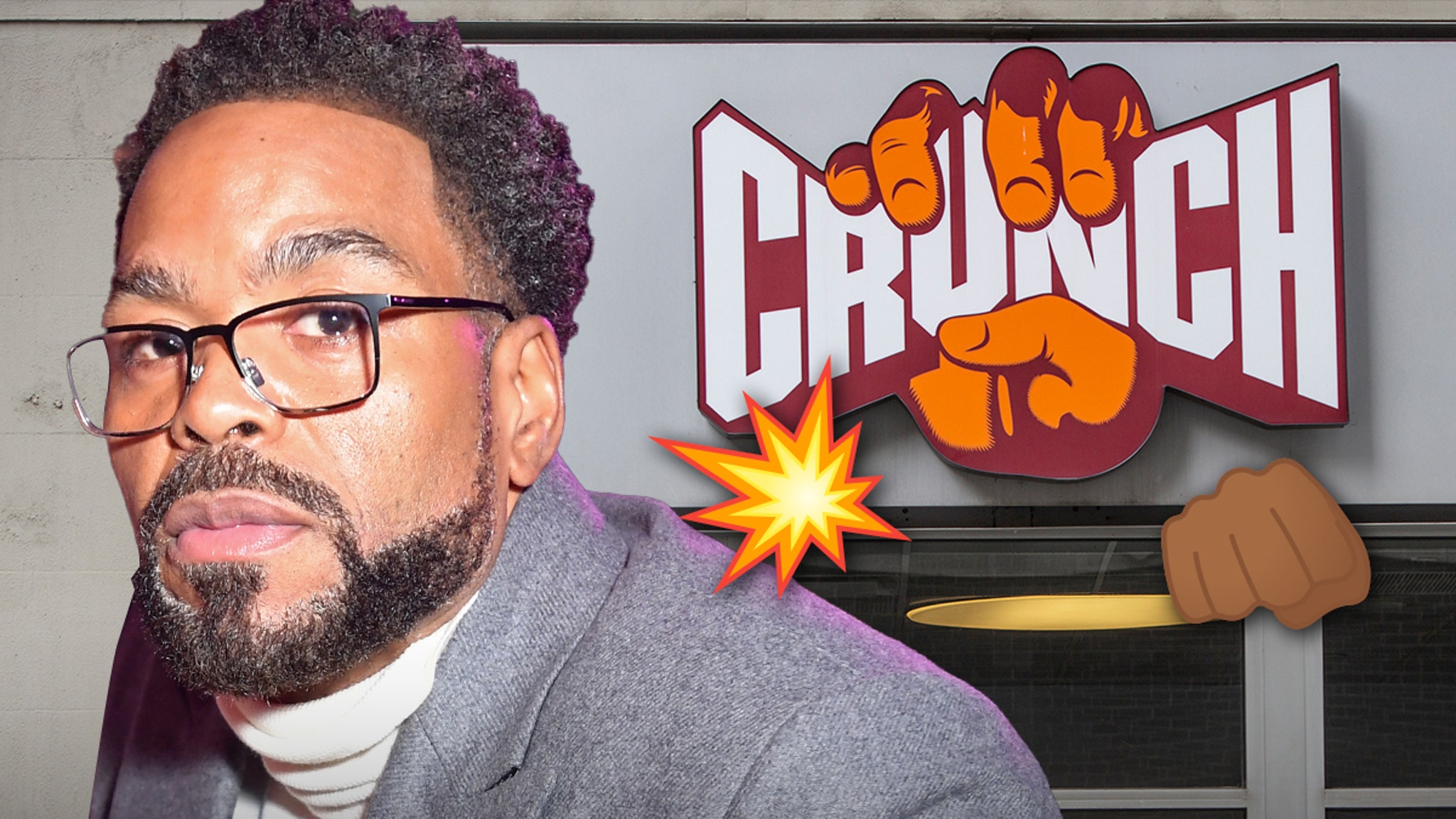

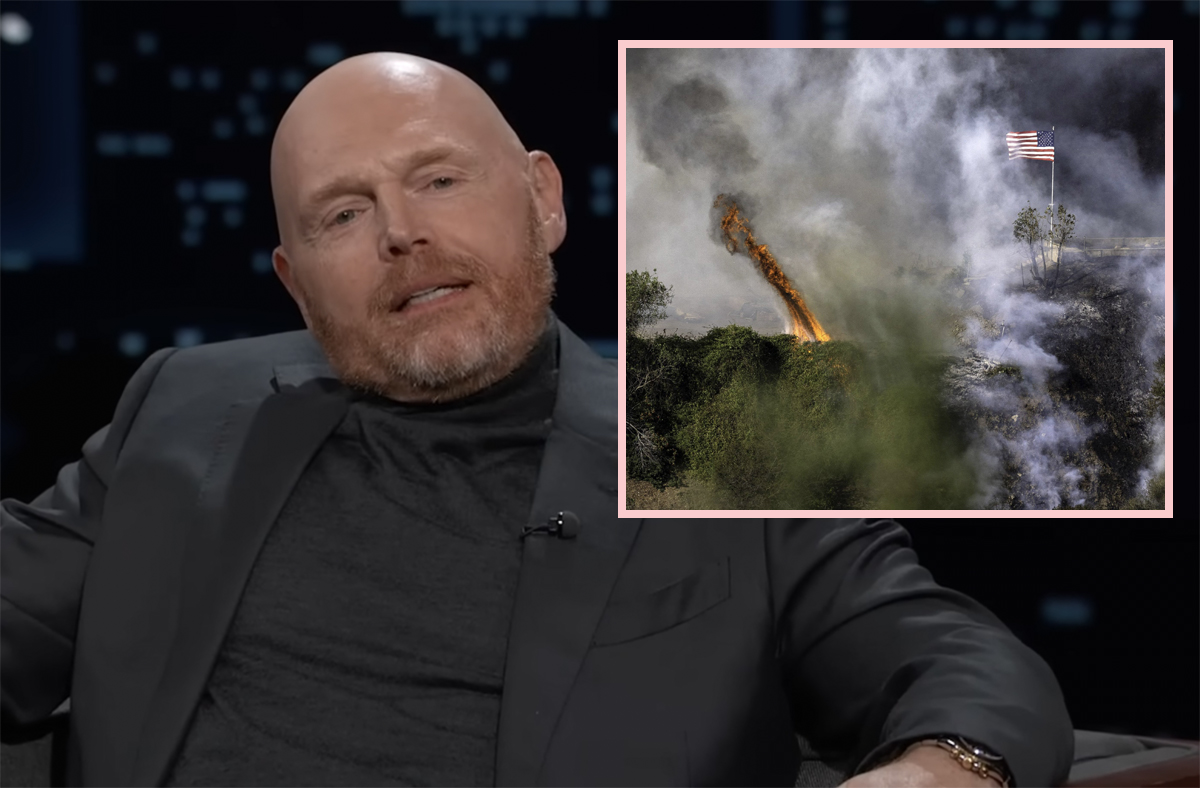



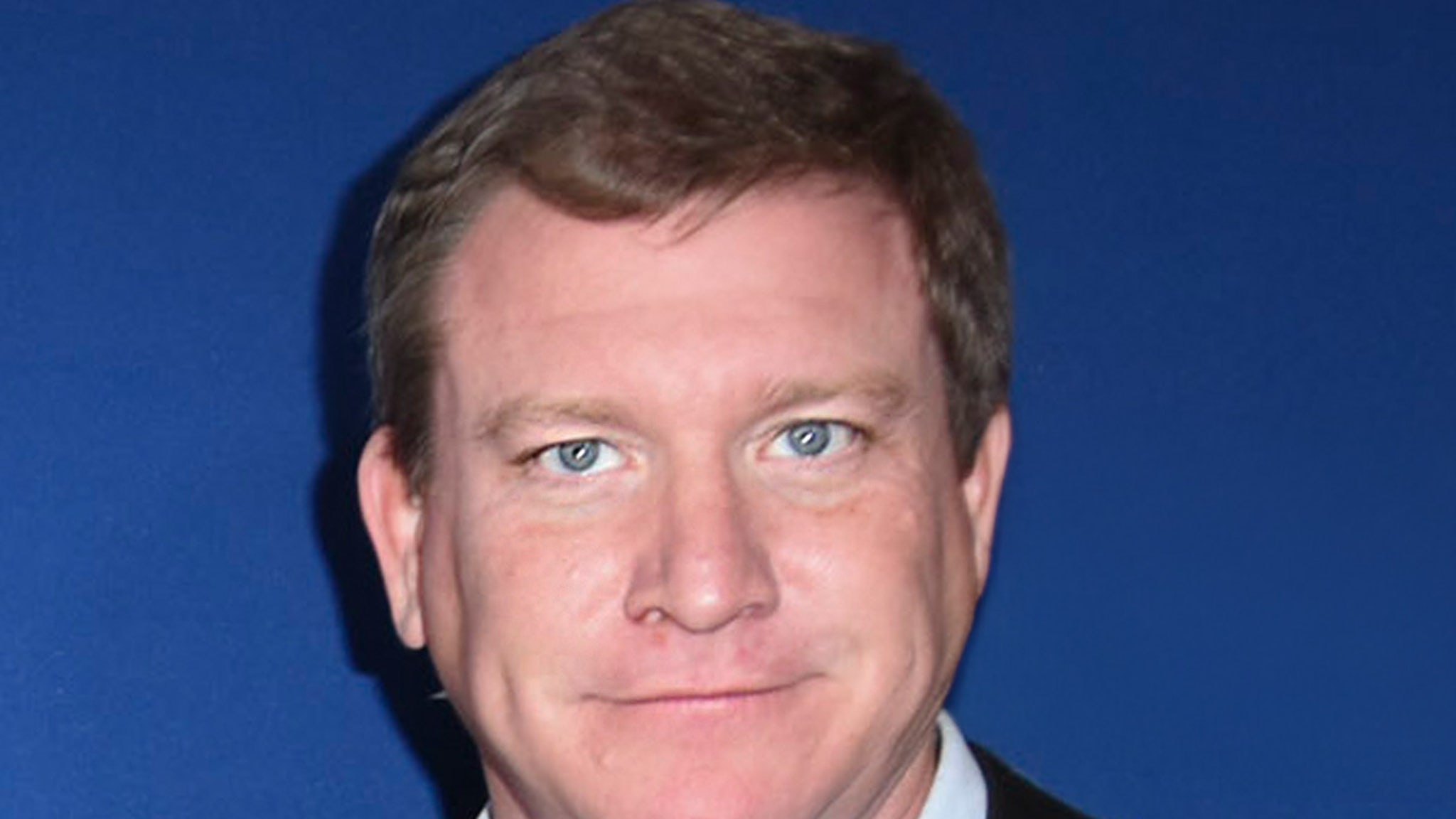












![‘The Traitors’ Recap, Season 3 Episode 4 — [Spoiler] Banished ‘The Traitors’ Recap, Season 3 Episode 4 — [Spoiler] Banished](https://tvline.com/wp-content/uploads/2025/01/the-traitors-recap-episode-4.png?w=650)
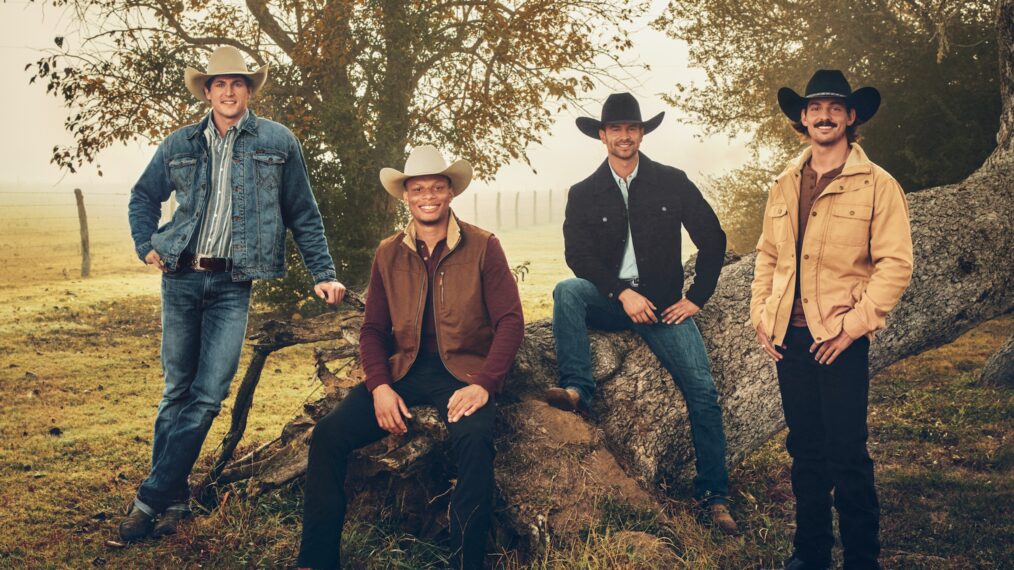
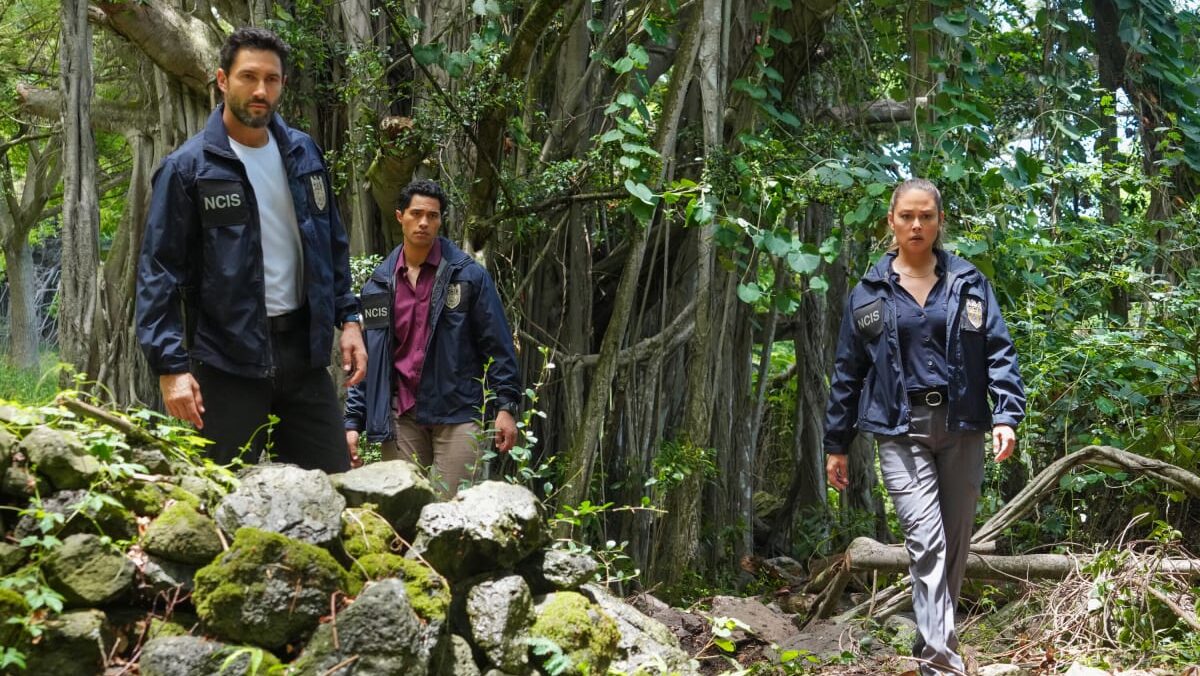
![Young Colton, Del and Evelyn in 1974 [VIDEO] Young Colton, Del and Evelyn in 1974 [VIDEO]](https://tvline.com/wp-content/uploads/2025/01/the-way-home-season-3.jpg?w=650)













:quality(85):upscale()/2025/01/15/863/n/49352476/9e69ba8767880fdc9084b2.84057222_.png)

:quality(85):upscale()/2025/01/15/049/n/1922564/a753b85967884eaf8fe5f9.34920179_.jpg)





















![Iggy Azalea – Money Come [Official Music Video] Iggy Azalea – Money Come [Official Music Video]](https://i.ytimg.com/vi/7t5V5ygeqLY/maxresdefault.jpg)












